Scalable Technology Solutions for Youth Employment
Completed
Accenture and Save the Children share a vision for creating a more prosperous and secure future for young people. Their partnership equips youth with the skills they need to get a job or build a business and strives to train more than 58,000 young workers from 2017 to 2020, which contributes to Accenture’s Skills to Succeed corporate citizenship initiative goal of skilling 3 million people globally by 2020. Together, Accenture and Save the Children have created programming that reaches youth in Bangladesh, Indonesia, Italy, Mexico, and Vietnam.
Entity
Save the Children
Youth organization, civil society, non-governmental, non-profit organization
Technical assistance, expertise and implementation
Partners
-
Accenture
Private sector
Financial and/or in-kind contribution
Sustainable Development Goals & targets
-
4.4 By 2030, substantially increase the number of youth and adults who have relevant skills, including technical and vocational skills, for employment, decent jobs and entrepreneurship
-
8.5 By 2030, achieve full and productive employment and decent work for all women and men, including for young people and persons with disabilities, and equal pay for work of equal value
Achievement At Glance
Across all countries, youth generally showed demonstrable improvements in 1) employability skills, 2) changes from being unemployed to being employed, and 3) earning more income as a result of the S2S Program. In evaluating our program, we found that young people who participated in our program showed higher income across all countries following training. Likewise, we found large improvements in job satisfaction for Mexican and Bangladeshi youth in short-term and continued medium improvements in long-term. We found large increases in job emotional security in short term for Mexico, Vietnam, and Bangladesh. Youth participants in Indonesia, Vietnam, and Bangladesh experienced large improvements in daily hours worked.
Overall, youth perceived improved relationships at work, communication skills, ability to manage emotions, functioning at work, ability to identify their strengths and weakness, and job searching skills as a result of the Program. Employers working with graduates of the S2S Program reported improved soft skills in the youth: gentle, well-mannered, disciplined, responsive to instructions and further training, and less likely to change jobs.
Key Highlight On Guiding Principle
Save the Children and the Skills to Succeed (S2S) program take a holistic approach to improving youths’ livelihoods. Foremost, we work directly with young people to understand their needs and strengthen their skills in preparation to enter the workforce. However, strengthening skills alone is not enough; we must bridge supply and demand by offering job linkage activities such as job fairs to enable youth to connect with the employment opportunities in their communities. We also must work with directly with the enabling environment surrounding our youth (parents, employers, schools, and the community) to improve perceptions of social justice and gender equality to help our youth receive equal opportunities. Finally, in addition to offering our core training, we offer targeted activities to meet the specific needs of the young people we work with and the unique circumstances of their communities.
description
Accenture and Save the Children are creating scalable and sustainable technology solutions to close employment gaps for marginalized and vulnerable youth. Through Accenture’s Skills to Succeed corporate citizenship initiative, the partnership offers transferable life skills, entrepreneurship, vocational and on-the-job skills training, career counselling, mentoring, business start-up services and job linkages to urban youth aged 15-24. Accenture and Save the Children also create digital solutions to empower youth, like BecaXR—an immersive tool that uses augmented and virtual reality to help young job seekers visualize potential careers and prepare for success. Accenture and Save the Children seek to provide 58,000 disadvantaged youth in Bangladesh, Indonesia, Italy, Mexico and Vietnam with the skills needed to get a job or start a business. The goal is that at least 36,000 (63%) of them will secure a new or better-quality job or build a business. As a result, parents, schools, employers and governments will be more aware of the importance of these transferable life skills, and schools, training providers and partners will incorporate them into existing curricula. Employers’ awareness about youth workers’ rights will be expanded, improving workplaces. The partnership will generate evidence of its impact through research and evaluations to inspire systemic change and subsequent adoption of the initiative.
https://www.savethechildren.org/us/about-us/become-a-partner/corporations/accenture
https://www.linkedin.com/company/save-the-children-us
https://www.linkedin.com/company/accenture
Deliverables and links to SDG targets
-
Progress: 60,650 young people trained in relevant skills, including technical and vocational skills, ICT skills and soft skills
4.4 By 2030, substantially increase the number of youth and adults who have relevant skills, including technical and vocational skills, for employment, decent jobs and entrepreneurship
Youth trained in transferable life skills, entrepreneurship, financial literacy and vocational, digital skilling, foundational literacy and numeracy. 49% of participants trained and placed being female 25% of youth (14,500) trained in digital skills/digital solutions created to strengthen financial capabilities, transferable life skills and career choices.
BY: Dec 2020
-
Progress: 42,690 young people whose working conditions improved, including working time and remuneration
8.5 By 2030, achieve full and productive employment and decent work for all women and men, including for young people and persons with disabilities, and equal pay for work of equal value
Career counselling and mentoring, business start-up services and job linkages 36,000 disadvantaged adolescents placed into new and better-quality jobs and self-employment, and increase incomes of youth who participate in program equality of opportunity, with at least 49% of participants trained and placed being female.
BY: Nov 2020

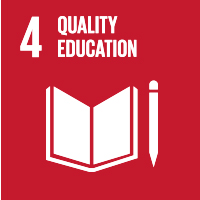
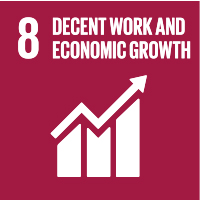
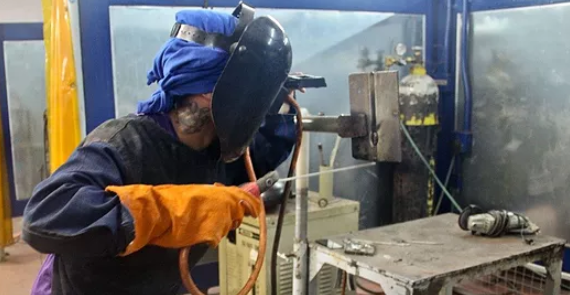
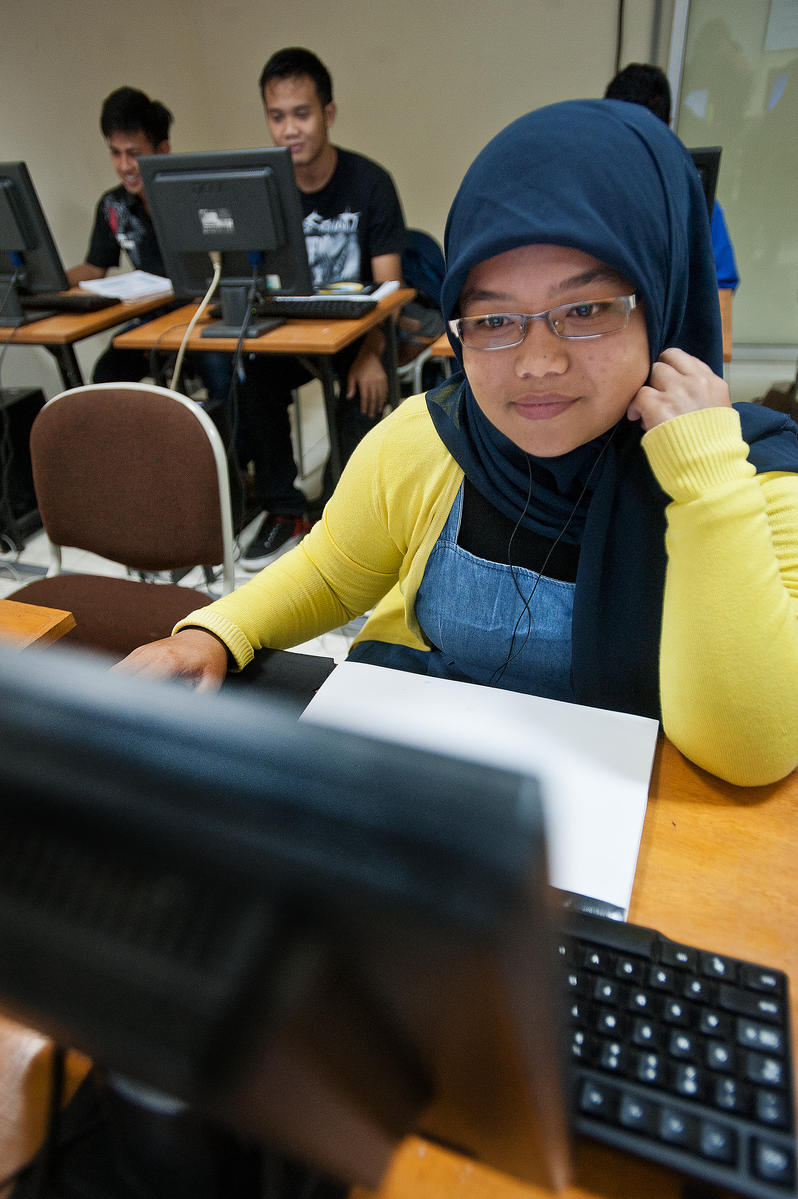
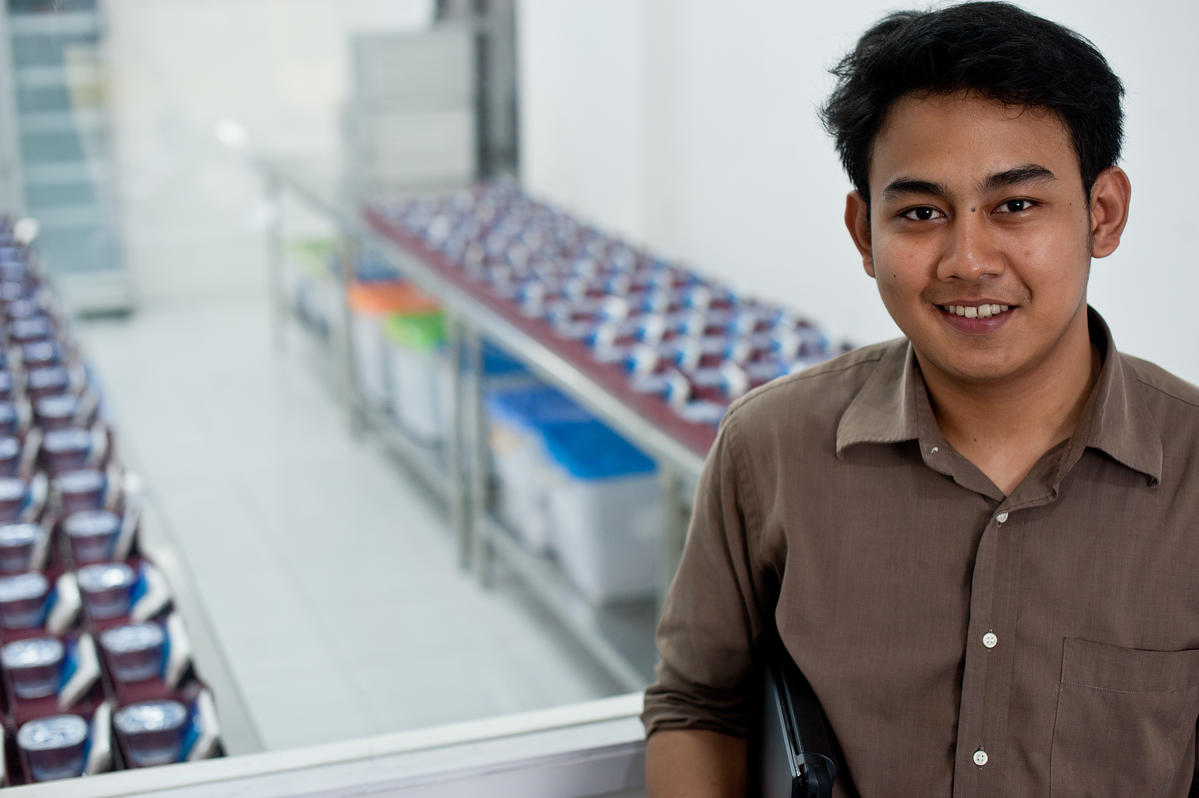



.JPG)




